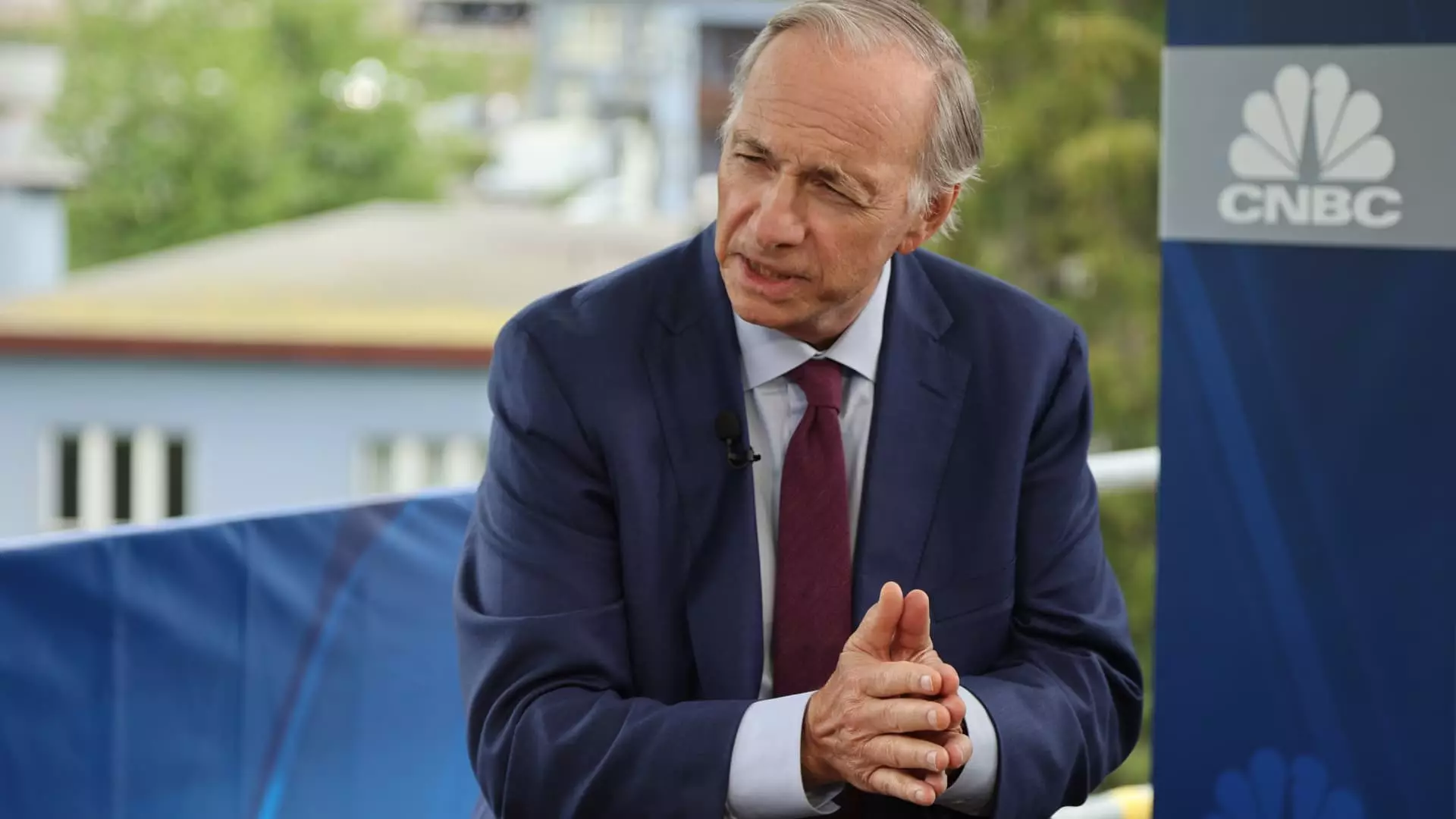Ray Dalio, the influential founder of Bridgewater Associates, has recently expressed profound concerns regarding the upcoming U.S. elections in 2024, deeming them possibly the most significant of his lifetime. In a discussion on CNBC’s “Squawk Box Asia,” Dalio argued that the current political climate has escalated into a battleground of extreme ideologies, indicating a stark divide between the two dominant political parties. This polarization raises critical questions about the structure of American democracy, including the integrity of electoral transitions and the potential rejection of election outcomes. Such considerations not only emphasize the stakes involved but also mirror a crucial turning point for the nation’s political and social fabric.
Dalio points out a pervasive “win-at-all-cost” mentality that pervades contemporary politics, presenting a significant barrier to achieving consensus and effective governance. This adversarial mindset undermines the potential for compromise, which is vital for a functional democracy. The growing chasm between Republicans and Democrats, especially on pivotal issues such as immigration, abortion, and climate change, exemplifies this divisiveness. In light of these tensions, it becomes evident that future governance will depend heavily on moderates establishing common ground and facilitating practical reforms.
Despite contrasting political perspectives, there is a striking consensus among voters concerning pressing issues like inflation and the escalating cost of living. The crux of the matter lies in whether political leaders recognize and respond to these economic anxieties. Dalio’s assertion that neither major party candidate aligns with the nation’s urgent needs reveals a significant frustration with current leadership options. This raises the question: How can new political figures emerge to unite disparate interests in an increasingly fragmented society?
Dalio advocates for a vision of “broad-based prosperity,” suggesting that a healthy society offers not only opportunities but also equitable resources. He cites Singapore as a model of efficient governance and societal stability, praising its educational system and public housing initiatives. His insights advocate for a recalibration of American values towards inclusivity and shared progress, which may very well serve as the antidote to burgeoning socio-economic inequalities.
While acknowledging the disheartening outlook of the current political scenario, Dalio retains a sense of optimism about the resilience of American society, particularly its academic institutions and innovative spirit. However, he warns that such advantages are not universally accessible and often benefit a limited demographic. This reality underscores the need for inclusive policies that can awaken America’s collective potential.
The 2024 U.S. elections hold unprecedented significance as the nation grapples with internal strife and seeks a path towards unity. Leaders must pivot toward moderate solutions that foster cooperation and address the concerns of all citizens, thereby steering the country towards a future marked by stability and shared prosperity.


Leave a Reply